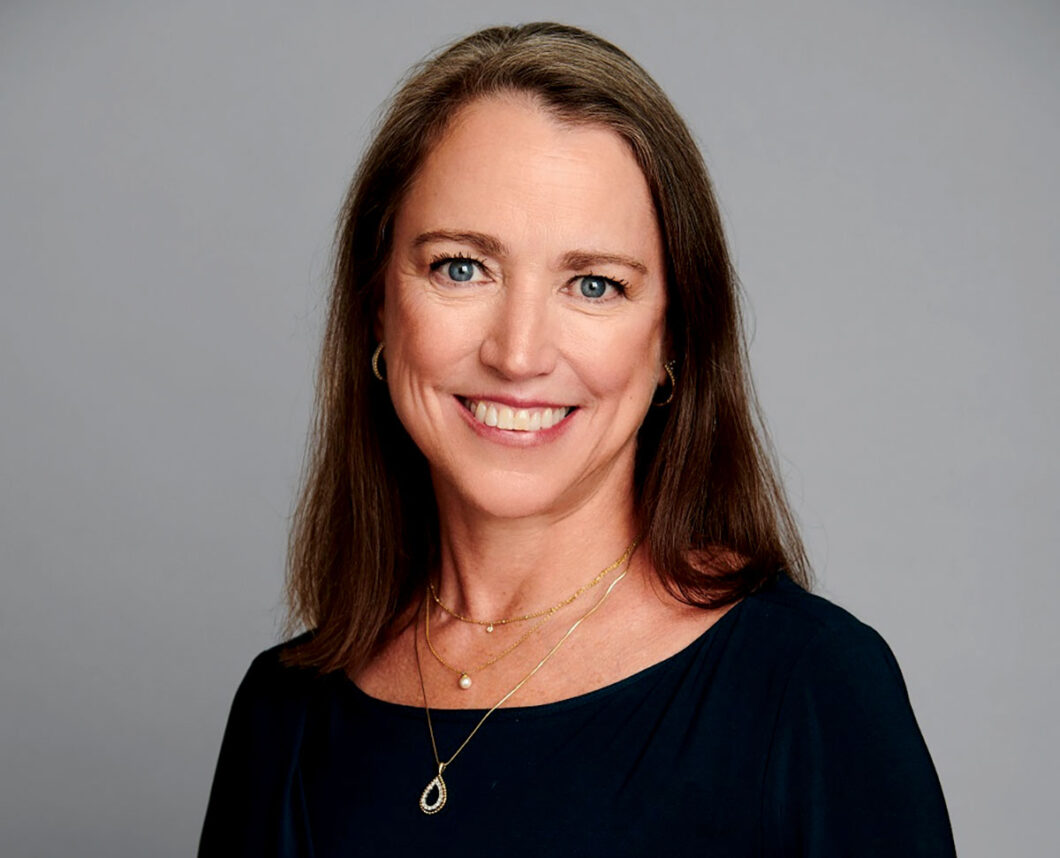Based on all reports, the evil criminality of Bernard Madoff has decimated the portfolios of hundreds of individuals and charitable organizations. The consequences for ongoing charitable programs and future gifts will be felt for many years to come.
While there should be no limit to the outrage at Madoff, the Jewish not-for-profit community must recognize that this crisis has highlighted grave shortcomings in professional controls in place related to the investment of their funds. Judging from press reports and public communications from numerous institutions, it seems apparent that the basic standards of fiduciary oversight were not in place. Both professional staff and lay leadership should undertake comprehensive reviews of their policies and take responsibility for their shortcomings.
![]() As the community looks forward, it is imperative that the oversight of investments be executed in a manner that meets the highest fiduciary standards. After all, those responsible for overseeing the investments quite literally have the future of many of the most important programs in the Jewish community in their hands.
As the community looks forward, it is imperative that the oversight of investments be executed in a manner that meets the highest fiduciary standards. After all, those responsible for overseeing the investments quite literally have the future of many of the most important programs in the Jewish community in their hands.
The large, often undiversified allocations to Madoff indicate that the foundations fell into the worst pitfalls that trap individuals into unwise investments. Among these are: lack of diversification, belief in “genius managers” who promise to deliver above market returns with minimal risk, not understanding the strategy of the funds in which they invest, investing based on reputation rather than doing due diligence and not monitoring the investment activity. While it is bad enough to find individuals who fall into some or all of these traps, to find evidence that those overseeing large sums for the community were no better is very disturbing, to put it mildly.
It also seems from this affair and my research on the investing policies of not-for-profits that many of these institutions joined with the fad of not-for-profits investing in “alternative investments.” Enticed by the success of Yale and Harvard’s enormous endowments they sought to “be like Yale and Harvard” and invest in hedge funds, private equity funds, venture capital, commodity funds and other products despite little real knowledge or professional staff. Yet even David Swensen, Yale’s esteemed manager, has written that neither individuals nor small institutions should follow Yale’s strategies since they lack the large professional staff and resources required to properly screen and manage such investments.Yale has 19 full time professionals overseeing their investments, Harvard Management has a full- time staff well over 100.
A Business Week article in May 2006, “Big Risk on Campus,” reported on smaller endowments investing like the big guys, noting that larger endowments (averaging $1 billion or more) had an average of 21.7 percent of their assets in hedge funds. In second position in the article’s table of smaller endowments with big hedge fund stakes was Yeshiva University’s $1.1 billion endowment with 65.3 percent. Yale’s allocation to hedge funds is 23 percent; Harvard’s, 18 percent.
Ironically, while many foundations concentrated on seeking out exotic, high-risk “alternative” investments, they did not look into allocating a portion of their investments to a better “alternative,” such as investments that would not have entailed above-average risks. Examples would include: socially responsible index funds, a broadly diversified index fund of Israeli stocks or investments in indices of companies investing in clean energy. The vast majority of foundations ignored the opportunity for “doing well by doing good” in their quest to find a “hot hand” to manage their money.
Looking forward, it is imperative that our institutions draft clear investment policy statements and establish appropriate policies and controls. Ideally, the foundations would wind up with an investment portfolio in line with the “best practices” of investment strategy and not much different than that of a prudent individual: broadly diversified with low cost, transparent and liquid index instruments.The parameters of such policies would include:
- A target allocation for the portfolio among international and domestic stocks, bonds and cash, along with controls for keeping the portfolio within those parameters.
- No investments in bonds below investment grade.
- Restrictions on investments in asset- backed securities.
- Restrictions prohibiting any investments that make use of leverage or derivatives.
- Restrictions on investments in illiquid investments, such as venture capital and private equity, and on investments that do not have transparent pricing and valuation.
- No investments in any entities affiliated with members of the investment committee, the board or the professional staff. As a consequence of this one policy, the New York Jewish Community Foundation had no investments with Madoff.
- Ability to price all investments in the portfolio on a daily basis. Confirmations of all transactions by the next business day.
- Transactional activity and financial reporting performed by different individuals.
- Monthly performance reports available to all investment committee members.
- Annual audit of all investments and procedures by an independent third party.
In addition to the above, serious consideration should be given to an even higher level of transparency: complete posting on the Internet of the full portfolio and its value and performance. Given the extreme lack of controls evidenced by the Madoff affair, such an easily implemented step would go a long way to restoring confidence in the community and in fact may be essential for any success in raising the funds necessary to keep many programs afloat.
Lawrence Weinman is an independent registered investment advisor working with individuals and institutions. He teaches a course on investment management for nonprofits at the AJU and has worked with Jewish nonprofits in their investment strategies. He blogs at www.sensibleinvestments.blogspot.com.
































